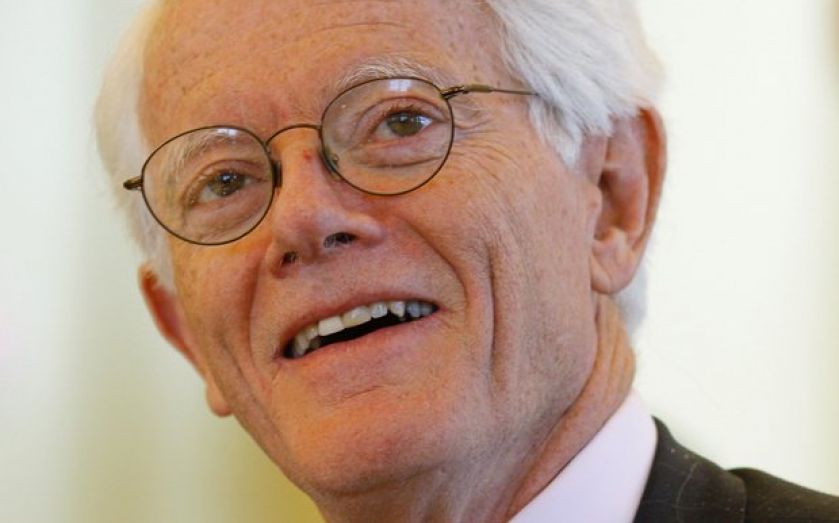We must recapture the power of long-termism to restore faith in the market

Peter Lynch, the great American fund manager at Fidelity, returned an average of 29 per cent a year for his investors between 1977 and his retirement in 1990. An investment of $1,000 at the outset would have grown to $27,000 by the end of that period. That exceptional long-term record shows the huge power of public equity markets to provide returns for investors over time, whether they be large institutions or individuals saving for the future.
Of course, investing is inherently risky and investors must always be prepared to stand a loss. But the scale of shareholder value destruction in some high profile cases, particularly in the financial sector, and both before and during the financial crisis, has been without precedent, severely testing public and investor confidence in listed companies. If what looks like a well-run, profitable business one day turns out to be teetering on the edge of bankruptcy the next, it undermines confidence in the entire market.
We must work to rebuild that confidence. In my view, the best way to demonstrate the market is working as it should is to create the conditions in which public companies can deliver sustainable returns to investors and avoid giving them nasty surprises. This will require a change of mindset of market participants towards one which focuses on the long term, rather than just chasing the next quarterly numbers. But what will this mean in practice?
For companies, it means a bigger focus on risk management. Boards need to get better at managing risks and communicating them to shareholders. To this end, the Financial Reporting Council (FRC) is setting higher standards for risk management and reporting through changes to the Corporate Governance Code in the autumn.
For their part, investors seeking to take a longer view should take note of one of Lynch’s best-known pieces of advice: “know what you own, and know why you own it”. Investors need to have a clear understanding of the companies they own and be more engaged in how they are managed. There is evidence that big investors are stepping up: the Stewardship Code now has almost 300 signatories, and the nascent Investor Forum, bringing together institutional investors to promote long-termism, is making progress.
Auditors, too, have a role to play by giving investors and regulators the confidence that the numbers are as the management say they are. This requires constant vigilance, and when necessary the independence of mind to challenge company management and ultimately raise the alarm when things are going wrong.
For the FRC and other institutions, it means working constantly to ensure that the UK remains a high quality market in which to list and invest. Investors and companies favour London because it matches a deep pool of international capital with a reputation for high quality corporate governance and reporting. Regulators need to find a balance between inadequate standards or information that discourage investment and over-regulation that discourages listing and hampers growth.
If progress is made in these areas, investors will have greater confidence in listed companies, attracting more capital to UK markets. This virtuous circle of long-term, sustainable returns, attracting capital that creates growth in the real economy through increased employment and innovation, is probably the most powerful way in which markets can win back the public’s support.
Sir Winfried Bischoff is chairman of the Financial Reporting Council, which today hosts a major investor conference on the changing role of capital markets in supporting UK growth. www.frcconference.org.uk